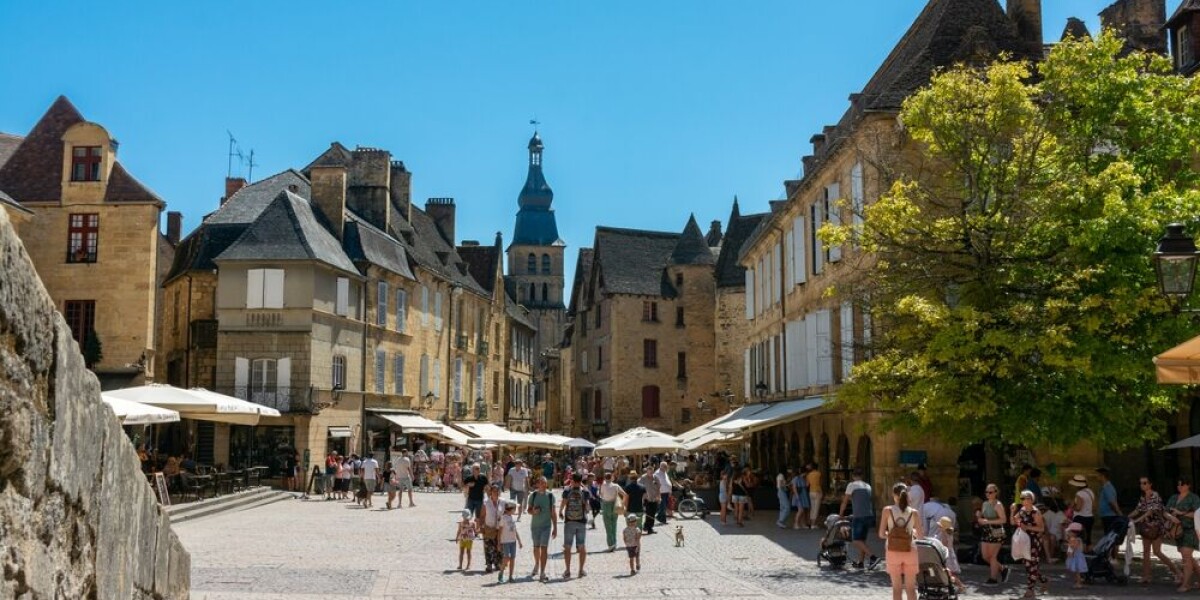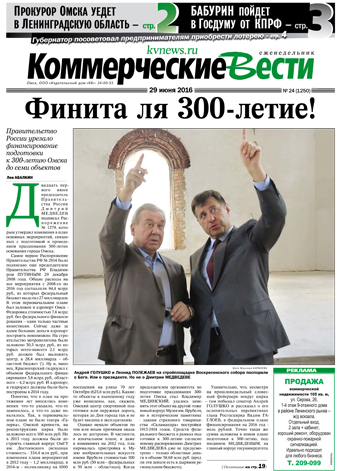
- Select a language for the TTS:
- UK English Female
- UK English Male
- US English Female
- US English Male
- Australian Female
- Australian Male
- Language selected: (auto detect) - EN
Play all audios:
On this day, 250 years ago, Ludwig van Beethoven was baptised in Bonn. This is the first record of his existence; his birthday is unknown. From these obscure origins emerged the composer of
some of the most sublime music we have. Indeed, Beethoven transformed what we mean by music. He speaks to us down the centuries with a voice that is as individual as it is universal, not
divine like Bach or effortless like Mozart, but intensely human and born of the struggle and strife to which we are all heir. Later today, Patrick Maxwell will celebrate this aspect of his
life and works here on _TheArticle._ Above all, Beethoven belongs to us all. His setting of Schiller’s _Ode to Joy _has become the anthem of the European Union. We cannot know whether he
would have been flattered or displeased by this appropriation. The words are both a vision and an exhortation to embrace the brotherhood of man — “_alle Menschen werden Brüder” — _but we do
know that he himself rejected Napoleon’s attempt to unite Europe under French auspices. We can still see where, on the title page of the _Eroica, _the incandescent composer has scratched out
his dedication of his third symphony to the newly declared Emperor. Later he would compose a battle symphony in honour of Wellington’s victory over the French. Those who endlessly intone
their faith in a “United States of Europe” must do so without Beethoven’s endorsement. One such enthusiast is Ursula von der Leyen, the President of the European Commission. This week she
accidentally revealed something about her attitude to these offshore islands when she tweeted that “the first Europeans” could expect to be vaccinated against Covid by the end of the year.
As many have pointed out, the first “Europeans” were vaccinated here in the UK — 130,000 of them in the first week, in fact. By the time the first Continental patients receive the vaccine,
it is likely that quarter of a million Europeans will have done so here. It cannot be repeated often enough, especially in Brussels, that Britain is part of Europe and the British are a
European nation. This would not have come as news to Beethoven. The composer’s last symphony, the Ninth, was commissioned by the Royal Phlharmonic Society and in 1827, the year of his death,
the sick and impoverished Beethoven appealed to his patrons in London for support. They sent £100 (£8,700 today), which helped to relieve his distress. A few years earlier, the gift of a
Broadwood piano by its English manufacturer helped to inspire the visionary sonatas and variations of his final years. Unlike Handel, Haydn and Mozart before him and Mendelssohn, Wagner and
Bruckner after him, Beethoven never made it to London, despite invitations and entreaties to do so. But he admired and respected the British as music-loving members of the European family of
nations. He certainly never subscribed to the prejudice, still occasionally to be encountered on the Continent, that the land of Tallis and Byrd, of Purcell and Elgar, of Benjamin Britten,
James MacMillan and Simon Rattle is somehow “unmusical”. In music, as in all the arts and sciences, the British are and always have been at the heart of European civilisation. Yet there is a
danger that the animosities, resentments and misunderstandings generated by Brexit will obscure or hinder the present and future development of this precious heritage. Universities may be
tempted to cut back on higher degrees in European language and literature or history and philosophy. All kinds of not merely desirable but vitally necessary connections may be severed for no
better reason than that EU subsidies — to which the UK has hitherto made a substantial contribution — will now cease. There are already the makings of a cultural catastrophe as an
unintended consequence of political and economic divergence. What should be an amicable parting of the ways has become a bitter divorce. In this case the children who will suffer are the
posterity of Europe, on both sides of the English Channel. This cannot be allowed to happen. In the margin of the last movement of his last string quartet, Opus 135, Beethoven wrote the
words: _Muss es sein? Es muss sein! _(“Must it be? It must be!”). Musicologists have argued about the significance of this gnomic valediction. Was he bidding farewell to suffering and
deafness, life and death? Or merely articulating in words the meaning of the music? He could not have known that this would be practically his last major composition. And yet they are
haunting words. We may be sure that Beethoven was no fatalist, but a passionate lover of freedom, who believed that we are all capable of forging our own destinies. As it is with each one of
us, so it is with Britain and Europe. We are free to create a new, dynamic and fruitful relationship with our neighbours. Whatever happens in the present negotiations, there is no reason to
hesitate at the cultural level. Covid has wrought havoc in music and all the arts across these island and the Continent. But we have a chance to rebuild a more genuinely European
civilisation that will overcome all artificial political obstacles. That is what Beethoven would have wanted: _Seid umschlungen, Millionen! Diesen Kuss der ganzen Welt! _(“Be embraced, ye
millions! This kiss is for the whole world!”) As we raise a glass today to toast the great man, we owe it to his memory to repair the divisions in our _Europe des patries, _the Europe of
nations that we still, despite everything, love so much. A MESSAGE FROM THEARTICLE _We are the only publication that’s committed to covering every angle. We have an important contribution to
make, one that’s needed now more than ever, and we need your help to continue publishing throughout the pandemic. So please, make a donation._






